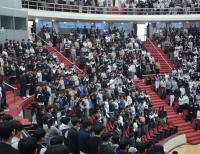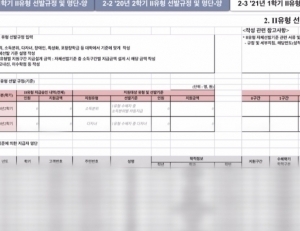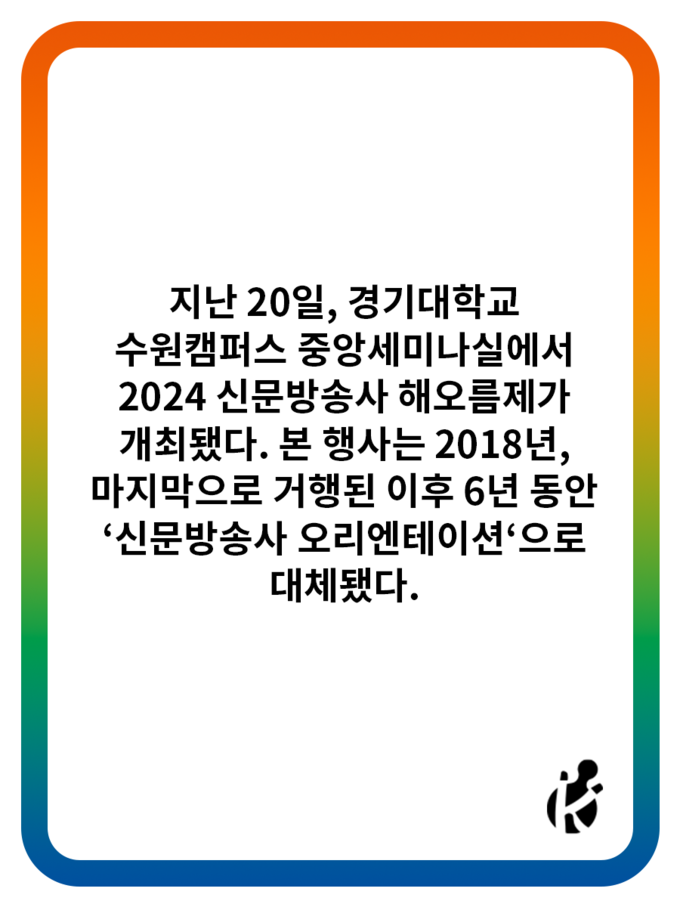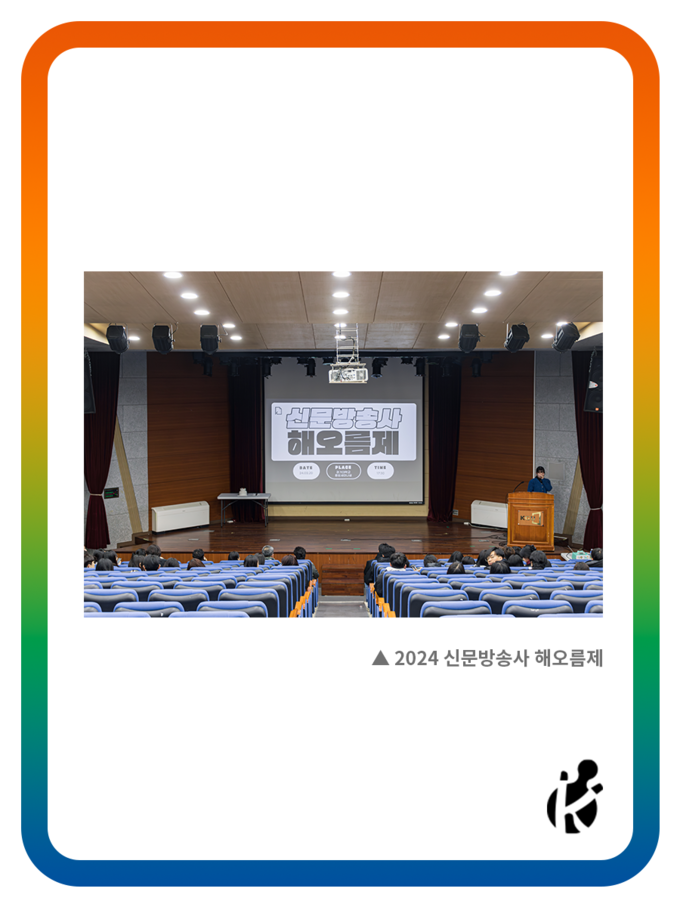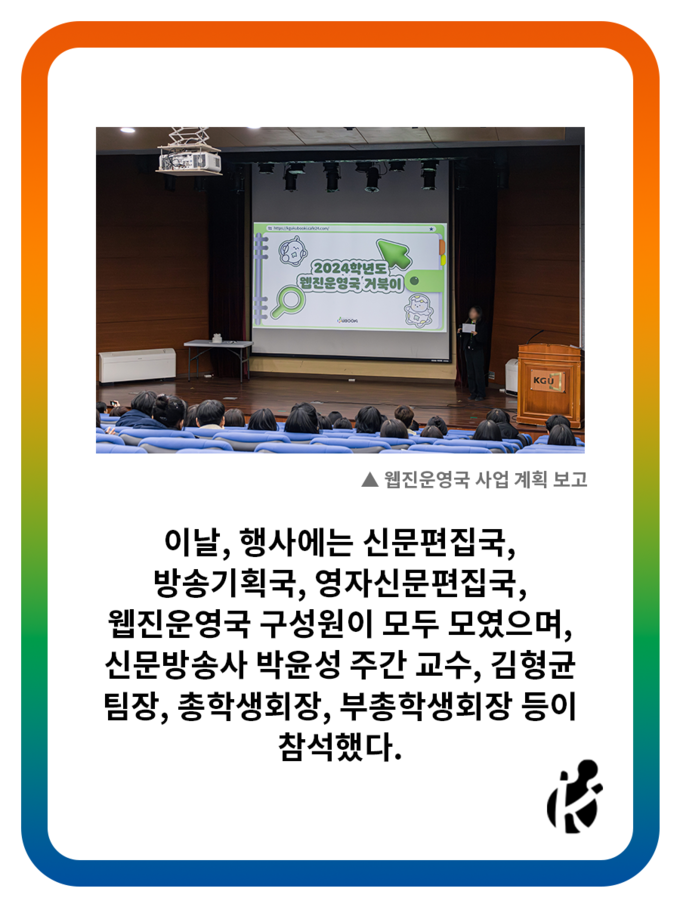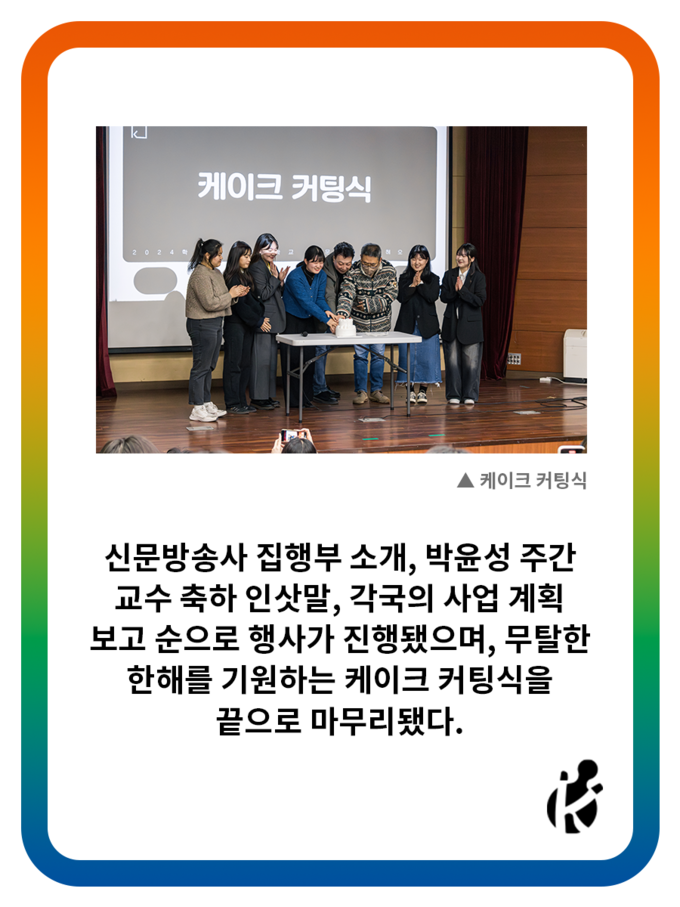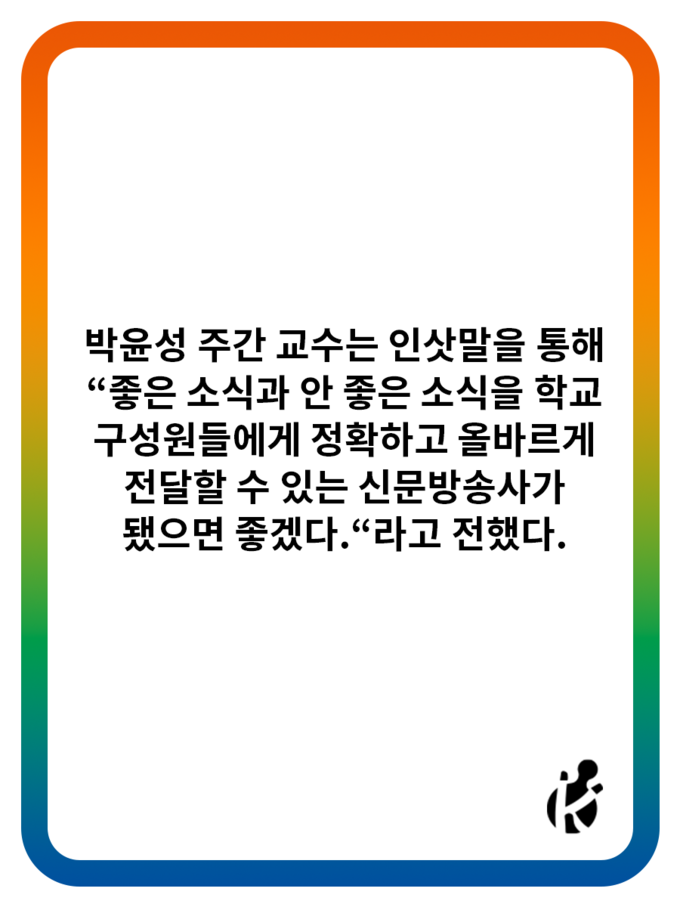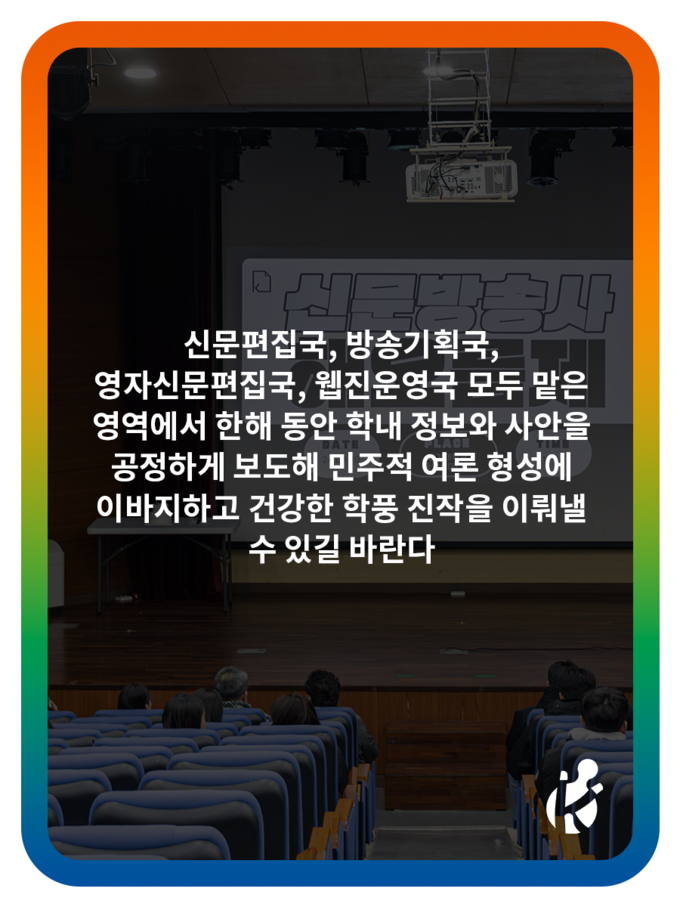After a nuclear power plant explosion was caused by the Tohoku Region Pacific Coast Earthquake in 2011, contaminated water used to handle this unforeseen accident was leaked. Therefore Japan announced in 2021, that they have decided to dump the contaminated water into the ocean. Now they are giving shape to the plan and discussing the discharge time. Their announcement has made a big wave across the international community because it serves to damage not only neighboring countries but also the entire world.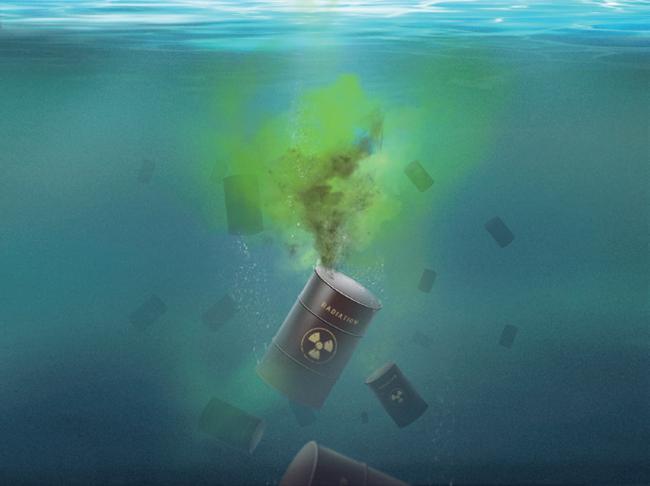
Why did Japan choose ocean discharge among the many ways of handling the water?Japan has been discussing this problem for a long time. These discussions, which started in 2013, led to deciding to release the contaminated water into the ocean in 2021 due to a lot of discussions and analyses by experts. Experts surmise that the reason why Japan chose ocean discharge is the low cost, because it is up to 30 times cheaper just to release it into the ocean. However, this is a problem that occurred in Japan so they ought to have resolved it in their own country with responsibility and safety but they didn’t. As a result, the international society thinks they are making a terrible choice. Japan, however, insists that there is no problem with safety. Japan calls the contaminated water ‘treated water’ and argues that it will not affect the ocean because they will dilute the concentration of radioactive materials before the marine discharge. However, according to data released by TEPCO in December last year, it was verified that tritium, one of the radioactive substances contained in the contaminated water, is nine times higher than the standard level. Tritium can’t be removed using current methods, so the water can’t be purified and just ends up being diluted. Tritium is one of the most dangerous elements, so if it continues to accumulate in animals it can result in genetic modification. However, Japan insists it is safe to dilute to safe standards and it will release them slowly over a long period of time until 2051. Nevertheless, it is hard to trust Japan’s plan without key information, such as the duration of the contaminated water released.
As a result, South Korea is experiencing economic and social damages. One of the economic consequences is the phenomenon of skyrocketing salt prices, known as saltflation. The price of sun salt has nearly doubled compared to before the news of the release of contaminated water from the sea. Even before the contaminated water discharge, there were difficulties in salt supply due to frequent rain and a decrease in salt fields. However, with the contaminated water discharge, consumers felt even greater anxiety, leading to panic buying. In addition, the price of various processed foods and foods using salt has also risen, causing a headache for officials. The government must conduct radioactive tests on salt safety so that people can eat salt with confidence along with solving the saltflation problem. Furthermore, it has brought various citizen groups together and exerted social influence. Some political parties have visited Fukushima in person to launch a campaign against the discharge of contaminated water, and students and parents are also drawing much social attention to this situation through the opposition signature campaign. Additionally, a demonstration to hold the president accountable appeared. When I heard the arguments of those who participated in the demonstration, they said that the IAEA’s release was not justified and that it is wrong to make children deal with a radioactive ocean. Such an opposition movement did not take place only in Korea. If radioactive contaminated water is discharged into the ocean, it will spread globally as the ocean does not remain in one place. In Australia, for example, a demonstration against the discharge was held in front of the Japanese consulate in Sydney. In addition, the government also actively proposed a resolution in Sydney to oppose the release of the Fukushima nuclear contaminated water. Such opposition is underway in Korea, but fishermen living in Fukushima have also objected to the release of contaminated water, fearing a negative impact on fish sales.
According to data released by the German Maritime Research Institute, it will affect Korea within 150 to 200 days of release and cross the Pacific Ocean 1,000 days later and affect the U.S. Let’s take a look at what foreign experts and governments are saying as contaminated water can affect the world.
Positive Opinion
IAEA - “The radioactive effects of discharging treated water on humans and the environment are negligible.”
G7 - “We support IAEA safety standards and independent verification.”
Experts - “By the time it comes near Korea, it will be water that you can drink because it is diluted with seawater. And you can trust this because it is not contaminated water but discharging treated water.”
| Negative Opinion
China - “The IAEA report cannot be a permit to justify Japan’s discharge of contaminated water.”
Experts - “It doesn’t consider the effects of the food chain or the long-term environmental impact of tritium” / “If marine life ingests radioactive materials, radioactivity levels may become stronger.”
|
In the case of IAEA, a comprehensive report on contaminated water was prepared and submitted to the Japanese government. They said they had been evaluating it for two years and that it was reliable from a technical point of view and from a compatibility perspective. However, it is noteworthy that Japan is the third largest contributor to the IAEA after the U.S. and China. This means that the credibility is dubious. This does not mean that it is okay to ignore the data that the IAEA has been investigating for a long time, but we should not rule out the possibility that Japan and countries defending Japan have influenced international organizations. Opinions from various countries are also divided over the release of contaminated water. Regardless, just because international organizations have expressed a positive stance on the release of contaminated water does not mean that all other countries have to accept that opinion. This is because many countries, not international organizations, have to bear the damage caused by ocean discharge. Japan and the IAEA should discuss the issue carefully so that all countries can trust and agree with each other.
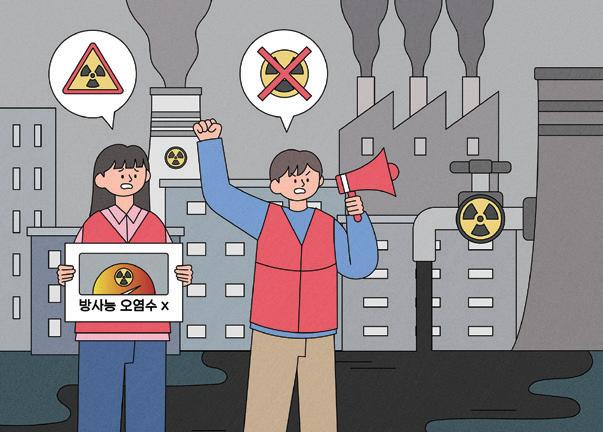
Three years have passed since Japan decided to release contaminated water, and the date is just around the corner. What Japan is planning to do is to have a huge impact on the whole world. Furthermore, this single decision may have a profound effect on future generations. As such, radioactivity is a substance that has potential for enormous damage beyond human imagination. Therefore, global cooperation and monitoring are essential to solve problems related to radioactivity. In addition, I would like you to show an open attitude in the process rather than the current state of uncertainty in providing information.
78th Reporter • LEE HYEON SEO • zzhs00@naver.com
79th Reporter • KIM JAE SEOK • jaiystone@gmail.com
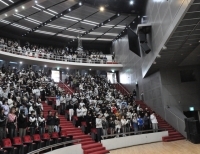 What Happened in KGU? : 수원캠퍼스 학생총회 편
On April 4th, a general meeting of students was held in the Tele-convention center at the Suwon campus. The contents were the same as the general meeting of students in the Seoul campus: the first part was for agenda announcement, the second part was about the Membership Training for whole university, and the third part was simple Q&A time. In the first part, the agendas were all the same as the ones for the Seoul campus, and the result of the ...
What Happened in KGU? : 수원캠퍼스 학생총회 편
On April 4th, a general meeting of students was held in the Tele-convention center at the Suwon campus. The contents were the same as the general meeting of students in the Seoul campus: the first part was for agenda announcement, the second part was about the Membership Training for whole university, and the third part was simple Q&A time. In the first part, the agendas were all the same as the ones for the Seoul campus, and the result of the ...

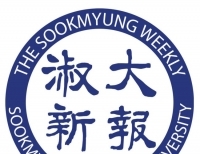 [타 대학보 축사] 경기대신문의 1100호를 진심으로 축하드립니다
[타 대학보 축사] 경기대신문의 1100호를 진심으로 축하드립니다
 [와이파이] 큰 박스에 달랑 물건 하나, 과대포장 규제 정책 시행은 언제쯤
[와이파이] 큰 박스에 달랑 물건 하나, 과대포장 규제 정책 시행은 언제쯤
 [문화산책] 이 세계는 멋져 보이지만 모두 환상이야
[문화산책] 이 세계는 멋져 보이지만 모두 환상이야
 [네컷만화] 학생총회
[네컷만화] 학생총회

 목록
목록







